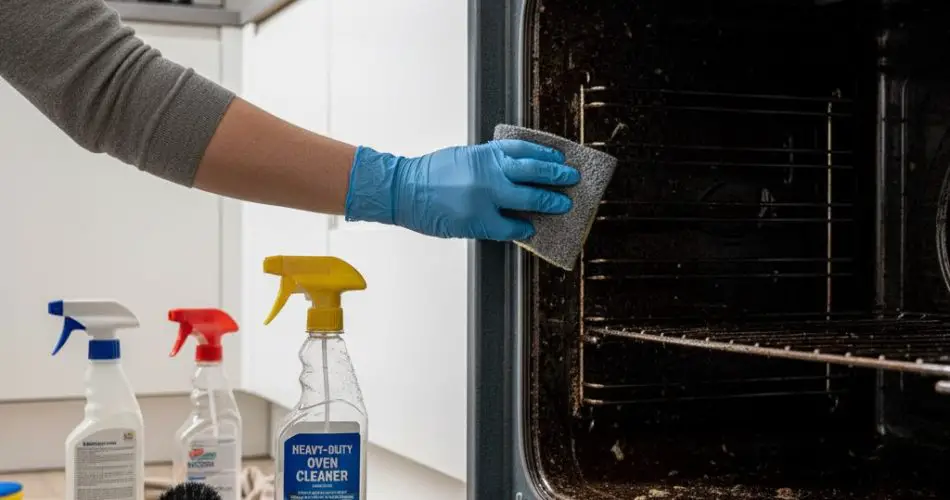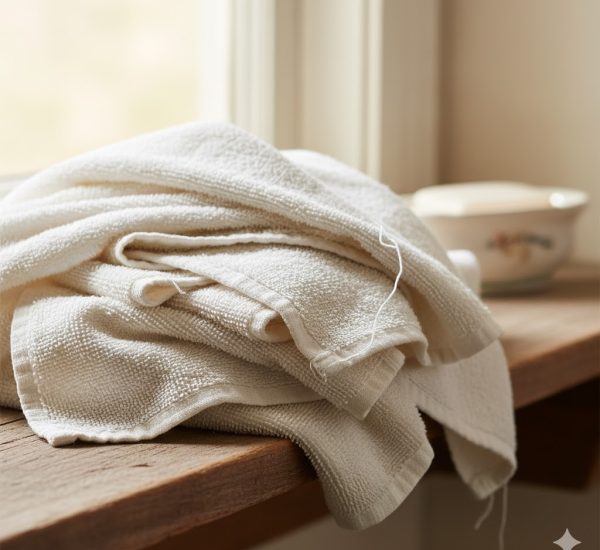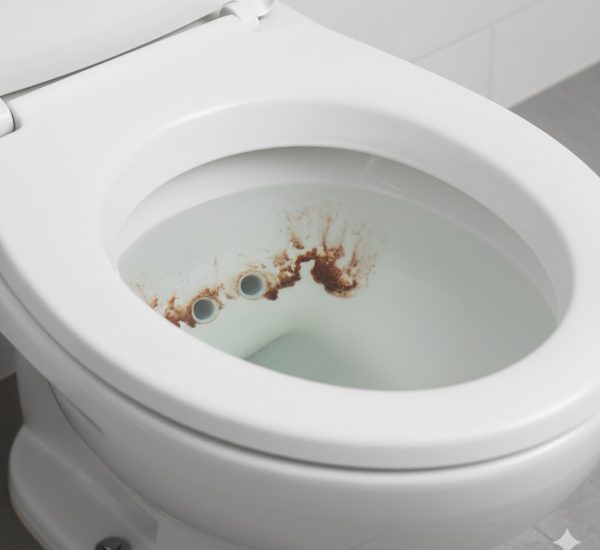A clean, fresh-smelling oven is an essential feature of every well-maintained kitchen. It is one of the most frequently used appliances, from preparing a Sunday roast to baking cookies and festive dishes. However, over time, grease, food spills, and burnt residues can accumulate, leaving the oven dirty and emitting unpleasant odors. Fortunately, maintaining a sparkling oven does not require harsh chemicals or expensive cleaning products. Instead, there is a simple, effective natural method, inspired by our grandmothers, that ensures a clean and fragrant oven with minimal effort.
Why Oven Cleanliness Matters
The primary culprit of unpleasant odors and stubborn stains in an oven is grease. When grease accumulates from cooking meats, pizzas, or other dishes, it begins to burn each time the oven heats up. This not only affects the flavor of your food but also creates an environment where dirt and odors intensify. Over time, neglected ovens can also experience reduced efficiency and a shorter lifespan.
Maintaining your oven ensures that meals taste as intended, and it prolongs the appliance’s durability. Regular care prevents the build-up of burnt food residues and unpleasant odors that can transfer to freshly baked goods like gingerbread cookies or other delicate treats.
The Traditional Natural Solution
Our grandmothers knew the secret to a spotless oven: lemon. This common kitchen ingredient, often used for salad dressings or cooking, is also a highly effective cleaning agent. Lemons contain natural acids that break down grease, remove stains, and leave a fresh, citrusy scent behind. Even the leftover parts of a squeezed lemon, which might otherwise be discarded, can be repurposed for cleaning.
This natural method avoids the use of chemical-laden products, making it safe, eco-friendly, and inexpensive while delivering excellent results.
How to Clean Your Oven with Lemon
Here is a step-by-step guide to restoring your oven to a pristine condition using just lemons and water:
-
Prepare the ingredients: Squeeze the juice from two lemons into a high, oven-safe baking dish. Keep the remaining pulp and peels, as they also contribute to the cleaning process.
-
Add water: Fill the dish with water until it is roughly halfway full. The combination of lemon juice and water will create a steam that softens grease and residues inside the oven.
-
Preheat the oven: Place the dish in the oven and preheat it to 180°C (356°F). Allow the mixture to heat for approximately 30 minutes. During this time, the steam infused with lemon juice will work to loosen baked-on grease and grime.
-
Cool down: After heating, turn off the oven and let the liquid cool slightly. It’s important to allow the steam to penetrate the stubborn stains fully before attempting to wipe them away.
-
Wipe clean: Using a soft cloth or sponge, carefully wipe down the oven interior, including the sides and the bottom. For removable parts like trays and racks, wash them under running water and scrub lightly if needed.
This simple method leaves the oven both sparkling clean and naturally fragrant, without the need for abrasive or chemical cleaners.
Why Lemon Works So Well
Lemon’s effectiveness comes from its natural acidity, which breaks down grease and food residues. Additionally, its fresh scent neutralizes the odors often produced by burnt food or lingering smoke in the oven. Unlike chemical cleaners, lemon is safe to use, even in ovens that are frequently used for baking delicate items such as cakes or cookies.
Benefits of Regular Oven Maintenance
Regular cleaning of your oven provides numerous advantages:
-
Improved flavor of food: Residues from previous meals no longer affect the taste of your dishes.
-
Reduced odors: Unpleasant smells from burnt grease or leftover food are eliminated.
-
Extended appliance lifespan: Maintaining a clean oven prevents build-up that can affect heating efficiency and longevity.
-
Eco-friendly cleaning: Avoids harsh chemicals that may release toxins or irritants into your kitchen.
By incorporating this lemon cleaning method into your monthly kitchen maintenance routine, your oven will always be ready for use and free from stubborn stains.
Additional Tips for Oven Care
-
Clean spills immediately: Whenever possible, wipe spills and splatters after each use to prevent them from hardening.
-
Use oven liners: Silicone mats or oven liners can reduce the amount of grease that comes in contact with oven surfaces.
-
Remove trays regularly: Clean oven trays and racks separately under warm, soapy water to prevent residue accumulation.
-
Ventilation: Ensure your kitchen is well-ventilated while cleaning and during the first few minutes of baking after cleaning to allow any residual steam to escape.
Conclusion
Maintaining a spotless and fragrant oven is simpler than it seems. By using lemons and water, you can effortlessly clean the interior, remove stubborn grease, and eliminate unpleasant odors. This natural, traditional method proves that effective cleaning doesn’t require harsh chemicals or costly products.
Regularly cleaning your oven with this simple technique ensures not only that your meals taste their best but also that your appliance remains efficient and long-lasting. Whether you are preparing a Sunday roast, baking cookies, or cooking everyday meals, your oven will always be ready to perform at its best—clean, fresh, and naturally fragrant.
This approach reminds us of the wisdom of our grandmothers: the simplest, natural ingredients often provide the most effective and sustainable cleaning solutions.



